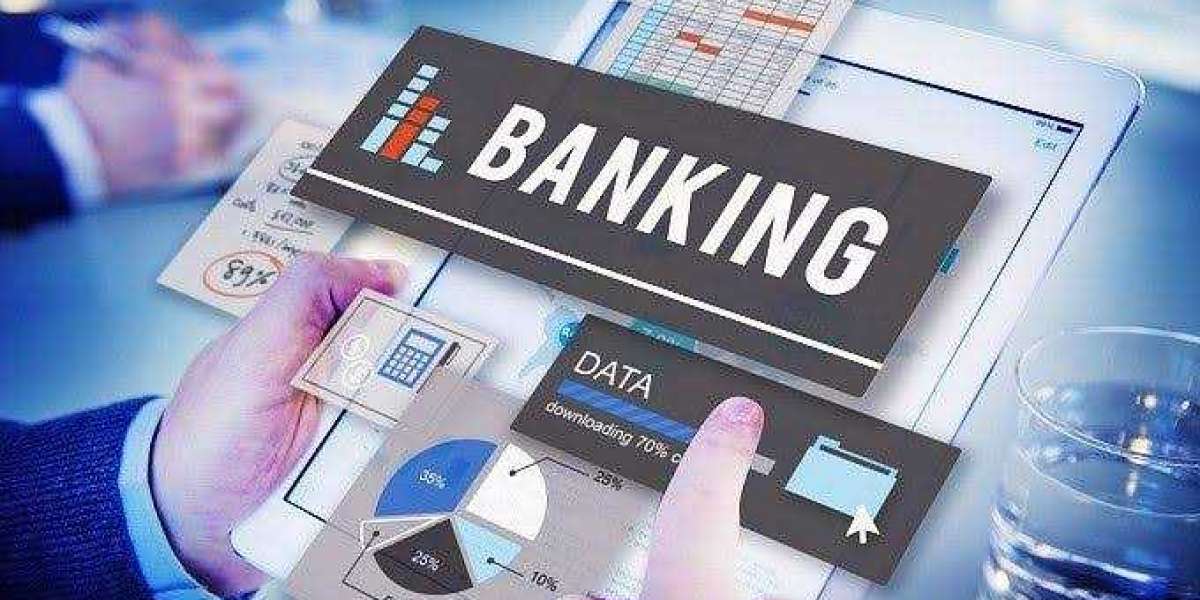BANKING
(Shobika Ravichandran)
A bank as understood in the present day world in simple language is an institution which deals in money. Broadly speaking, banks draw surplus money from the persons who are not using it at the time and lend to those who are in a position to use it for productive purposes.
Origin and Development of Bank:
There is no unanimity of opinions about the origin of the word ‘Bank’. According to some monetary experts, the word ‘Bank’ is derived from ‘Banco’. ‘Bancus’, ‘Banque’ or ‘Banc’ all of which mean a bench upon which the early moneylenders used to display their coins and transact business across the bench in the market place. Banks in past used to be known as seths, shroffs, goldsmiths, etc.
Banks are indispensable in every walk of life. Banks are the nerve centre of trade, commerce and business of an economy. Banking plays a very important role in the economic development of all the nations of the world. In fact, banking is the life-blood of commerce.
Classification of Banks:
Commercial banks are the most important type of these institutions. Besides the commercial banks there are central bank, industrial banks, co-operative banks, etc. These different institutions conduct their operations in a different manner.
The banking institutions can be classified into following types on the basis of their functions:
1. Commercial Banks
2. Industrial Banks
3. Exchange Banks
4. Co-Operative Banks
These banks are classified in two groups, such as:
(i) Central Co-Operative Banks
(ii) State Co-Operative Banks
5. Land Mortgage Banks
6. Central Bank
7. Saving Banks
8. Indigenous Banks
9. Regional Rural Banks
What are the Functions of Banks?
• Primary Functions of Banks:
The primary functions of a bank are also known as banking functions. They are the main functions of a bank.
These primary functions of banks are explained below.
1. Accepting Deposits
The bank collects deposits from the public. These deposits can be of different types, such as :-
# Saving Deposits
# Fixed Deposits
# Current Deposits
# Recurring Deposits
2. Granting of Loans and Advances
The bank advances loans to the business community and other members of the public. The rate charged is higher than what it pays on deposits. The difference in the interest rates (lending rate and the deposit rate) is its profit.
The types of bank loans and advances are :-
# Overdraft
# Cash Credits
# Loans
# Discounting of Bill of Exchange
• Secondary Functions of Banks:
The bank performs a number of secondary functions, also called as non-banking functions.
These important secondary functions of banks are explained below.
1.Agency Function
The bank acts as an agent of its customers. The bank performs a number of agency functions which includes :-
# Transfer of Funds
# Collection of Cheques
# Periodic Payments
# Portfolio Management
#Periodic Collections
Other Agency Functions
2. General Utility Functions
The bank also performs general utility functions, such as :-
Issue of Drafts, Letter of Credits, etc.
# Locker Facility
# Underwriting of Shares
# Dealing in Foreign Exchange
# Project Reports
#Social Welfare Programmes






